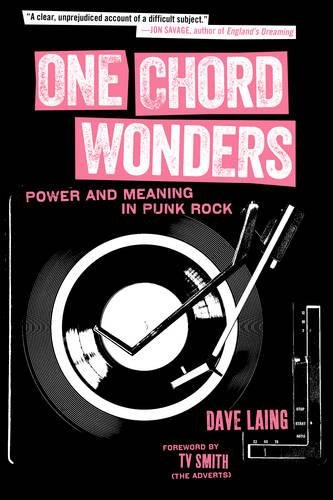

Most ebook files are in PDF format, so you can easily read them using various software such as Foxit Reader or directly on the Google Chrome browser.
Some ebook files are released by publishers in other formats such as .awz, .mobi, .epub, .fb2, etc. You may need to install specific software to read these formats on mobile/PC, such as Calibre.
Please read the tutorial at this link: https://ebookbell.com/faq
We offer FREE conversion to the popular formats you request; however, this may take some time. Therefore, right after payment, please email us, and we will try to provide the service as quickly as possible.
For some exceptional file formats or broken links (if any), please refrain from opening any disputes. Instead, email us first, and we will try to assist within a maximum of 6 hours.
EbookBell Team

4.3
18 reviewsOriginally published in 1985, One Chord Wonders was the first full-length study of the glory years of British punk. The book argues that one of punk’s most significant political achievements was to expose the operations of power in the British entertainment industries as they were thrown into confusion by the sound and the fury of musicians and fans. Through a detailed examination of the conditions under which punk emerged and then declined, Dave Laing develops a view of the music as both complex and contradictory. Special attention is paid to the relationship between punk and the music industry of the late 1970s, in particular the political economy of the independent record companies through which much of punk was distributed. Using examples from a wide range of bands, individual chapters use the techniques of semiology to consider the radical approach to naming in punk (from Johnny Rotten to Poly Styrene), the instrumental and vocal sound of the music, and its visual images. The concluding chapter critically examines various theoretical explanations of the punk phenomenon, including the class origins of its protagonists and the influential view that punk represented the latest in a line of British youth “subcultures.” There is also a chronology of the punk era, plus discographies and a bibliography